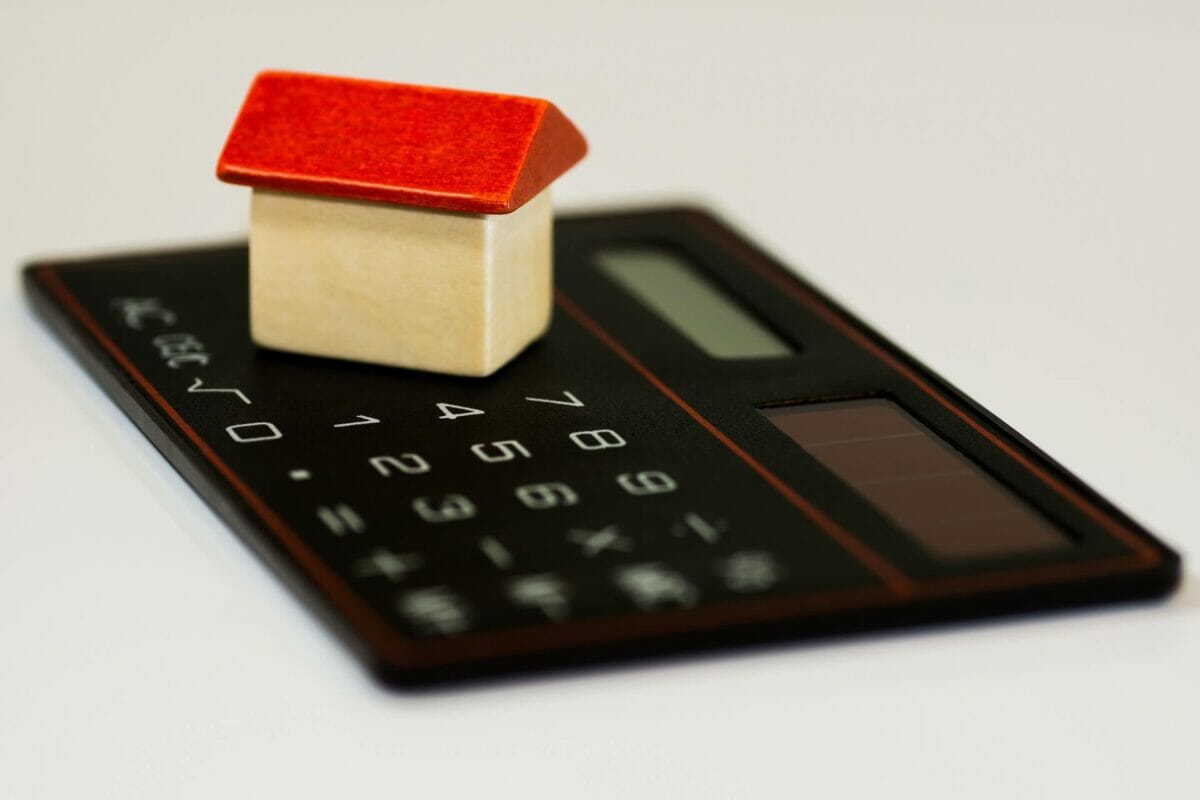From food prices to energy bills, many Brits have felt the squeeze since the start of the cost of living crisis (late 2021 until now).
When it comes to the rental market, 59% of landlords say they have seen an increase in late payments amidst the current financial climate.
Late rent payments are only the tip of the iceberg too. Over half (56%) of landlords have had tenants move out as they could no longer afford the rent. Meanwhile, a further 55% have also found themselves reducing the price of rent to support tenants during this time. This number increases to as many as 68% for landlords in the Greater London and Yorkshire regions.
Top ways late payments have impacted landlords:
| Rank | Situation | Percentage of landlords |
| 1 | I have seen an increase in late payments since the cost of living crisis | 59% |
| 2 | I have, during my career as a landlord, reduced the price of rent on a property to support a tenant | 57% |
| 3 | Across my career as a landlord, I have had tenants move out as they could no longer afford the rent | 56% |
| 4 | I have reduced the price of rent on a property to support a tenant during the cost of living crisis | 55% |
| 5 | Since being a landlord, I have set up a payment plan in order to help a tenant with late payments | 54% |
Expert provides top tips on how landlords can support tenants during the financial crisis
VP of Strategy at Molo, Mark Michaelides, says, “As costs continue to rise, this can be a stressful time for both landlords and tenants. But there are ways to effectively (and kindly) handle late payments with tenants, to make sure they are supported during this challenging period.
- Have honest conversations
The best thing you can do is keep communication lines open. 41% of landlords have had to evict tenants because of late payments, but you need to make sure you’re having honest conversations first. Try to understand the issue, and discuss the steps that you both might need to take to come to a solution.
Evictions should be the very last resort, and need to be handled legally through court proceedings.
- Set up payment plans
The study has revealed that over half (54%) of landlords have set up payment plans to support tenants with late payments, at some point during their career as a landlord. This goes up to a huge 77% for landlords in Birmingham.
If your tenant does fall into rent arrears, you can figure out a repayment plan together. Discuss how much they can afford to pay each month, and compare this to your mortgage rate, to find an amount that will work best for both of you.
- Look into what support is available
It could also be worth doing your research into what support might be available to your tenant, so you can pass on the information. The government’s Help for Households scheme has been set up to specifically help with the cost of living, and tenants might also be eligible for Universal Credit for housing costs, or a reduction in council tax.
- Make your rental property energy-efficient
With the rising cost of energy prices, another way landlords can help tenants is to make sure their property is as energy efficient as possible. Things like improving insulation, switching to LED and energy-saving lighting, installing double-glazed windows, or sealing cracks and holes should all help to keep energy bills down.
- Price fairly
If you’re looking to expand your portfolio, you need to choose an area and property which is a good investment for you. But, you need to also make sure you’re setting the right rental price to attract tenants, especially amidst the current financial crisis.
Molo’s handy rental yield calculator (based off internal data)*, helps landlords find the best places to invest, revealing average property purchase price and monthly rental prices in each location. This gives landlords an understanding of how much they can expect to earn back on a buy-to-let property, so they can set a rental price that works for both them and their future tenants.”
On how tenants can broach the topic of late rent with a landlord, VP of Strategy at Molo, Mark Michaelides, says, “Nearly two-thirds of landlords have seen an increase in late rent payments due to the cost of living crisis, but this doesn’t always have to lead to extreme measures against tenants.
As a tenant, it’s important not to ignore the problem. I’d advise tenants to communicate promptly, explaining reasons for delays and requesting additional time. Open dialogue can lead to collaborative solutions.
Our recent research found that over half (54%) of landlords have implemented payment plans for tenants facing late rent. Additionally, tenants can explore government schemes and seek guidance from organizations like Shelter or Citizens Advice for free support and advice.”

















